In 2023, Scotland welcomed 3.9 million international tourists – along with millions of visitors from other parts of the UK – to experience its eclectic mix of picturesque coastline, tranquil countryside, breathtaking remote islands and rolling hills.
The country has a vast number of sights and landmarks worth visiting, but its modest size means that it is fairly easy to explore; visitors can easily drive across it over a period of a few days, and several of its main cities are within a few hours of each other.
Driving along rugged shores, beside pristine sands and through snow-capped mountains after skirting the edges of the lochs is surely one of the best ways to see the country.
To help you plan your Scottish road trip, whether you’re looking for a short route to get a taste of the countryside or want your whole driving holiday mapped out, here are some of the best routes in the country.
Read more on UK travel:
North Coast 500
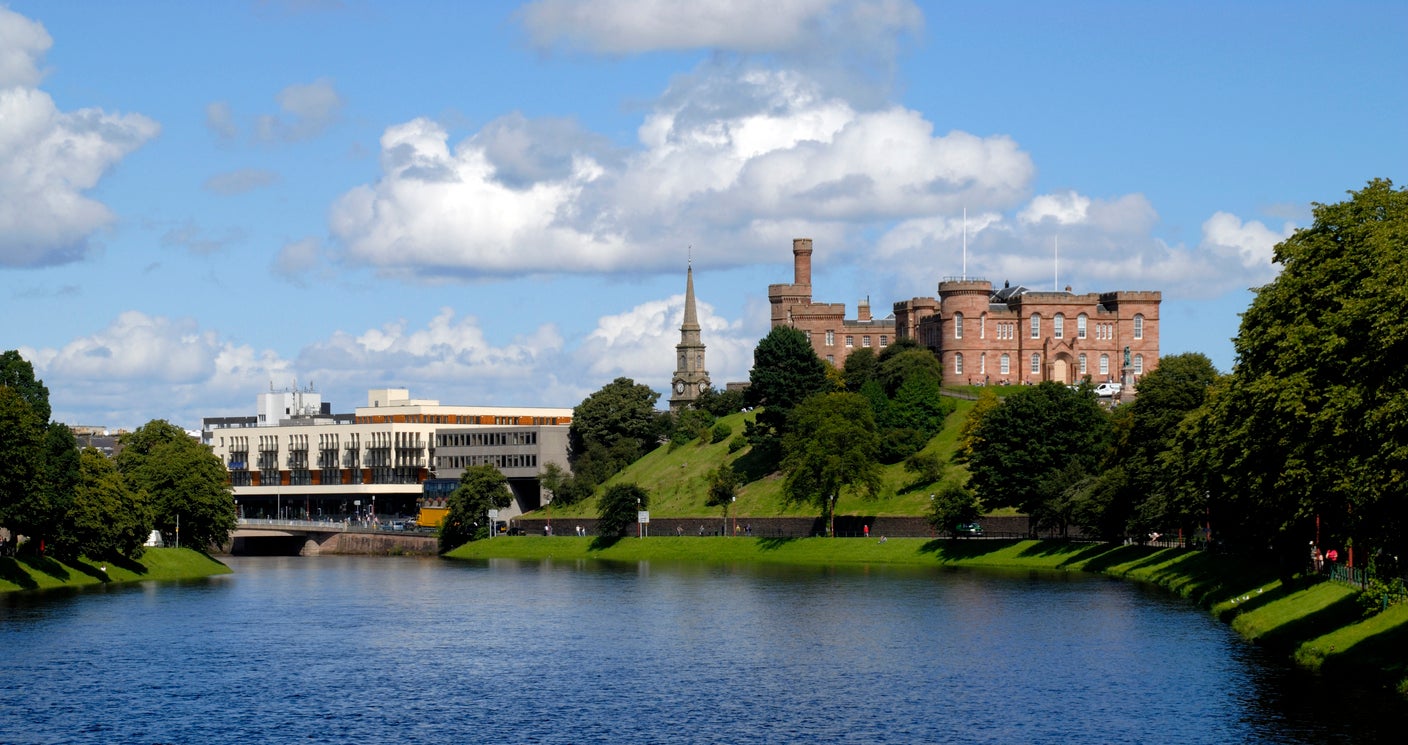
Billed as the country’s ultimate road trip, this 516-mile route contains some of Scotland’s most amazing coastal scenery, including a wealth of charming fishing villages, rugged coastline and long stretches of golden sand. It starts and ends at Inverness Castle, and runs through towns and villages such as Ullapool, John O’Groats and Dingwall over a (recommended) period of between five and seven days.
The 500’s destinations offer a variety of things to see and do as you cross the countryside of Inverness-shire, Sutherland and Caithness. Whisky distilleries, trout fishing, canoeing and castle visits are just some of the activities, while the unspoilt landscapes of Sandwood Bay and Smoo Cave add to a plethora of dramatic cliffs, towering mountains and nature areas such as Beinn Eighe.
South West Coastal 300
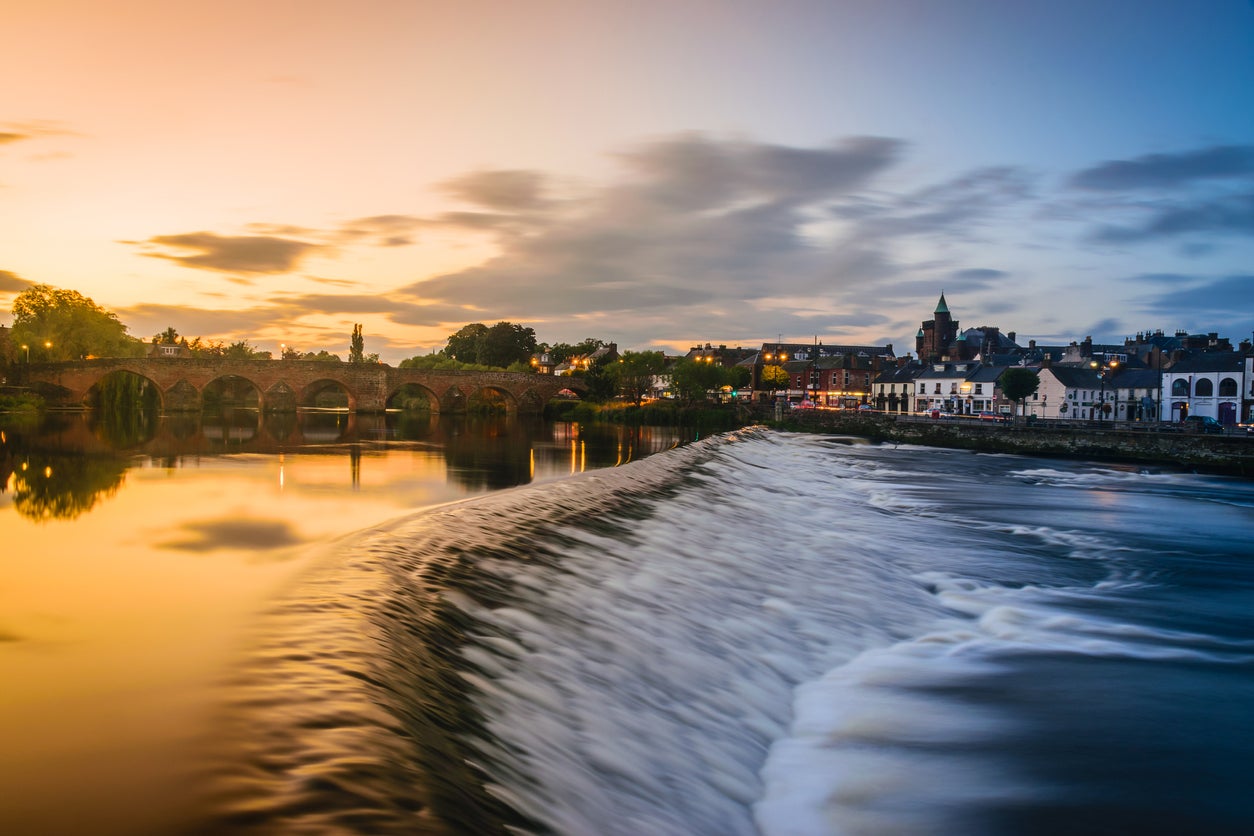
The South West Coastal 300 is a route that aims to take in the majority of one of Scotland’s less-explored regions, extending for 300 miles (as the name suggests) through Ayrshire and the Dumfries and Gallowshire region. While it is possible to start anywhere, many trips begin in the town of Dumfries, head south to the coast and then eventually on to towns including Kirkcudbright, Stranraer and Ayr.
The circuit features the mountains of the Southern Uplands, picturesque coastlines, two lowland peninsulas and the most southerly point in Scotland at the Mull of Galloway. Sandyhills and Auchencairn are two scenic bays worth visiting, while Sweetheart Abbey and Caerlaverock Castle will provide some insight into the history of the local area.
North East 250
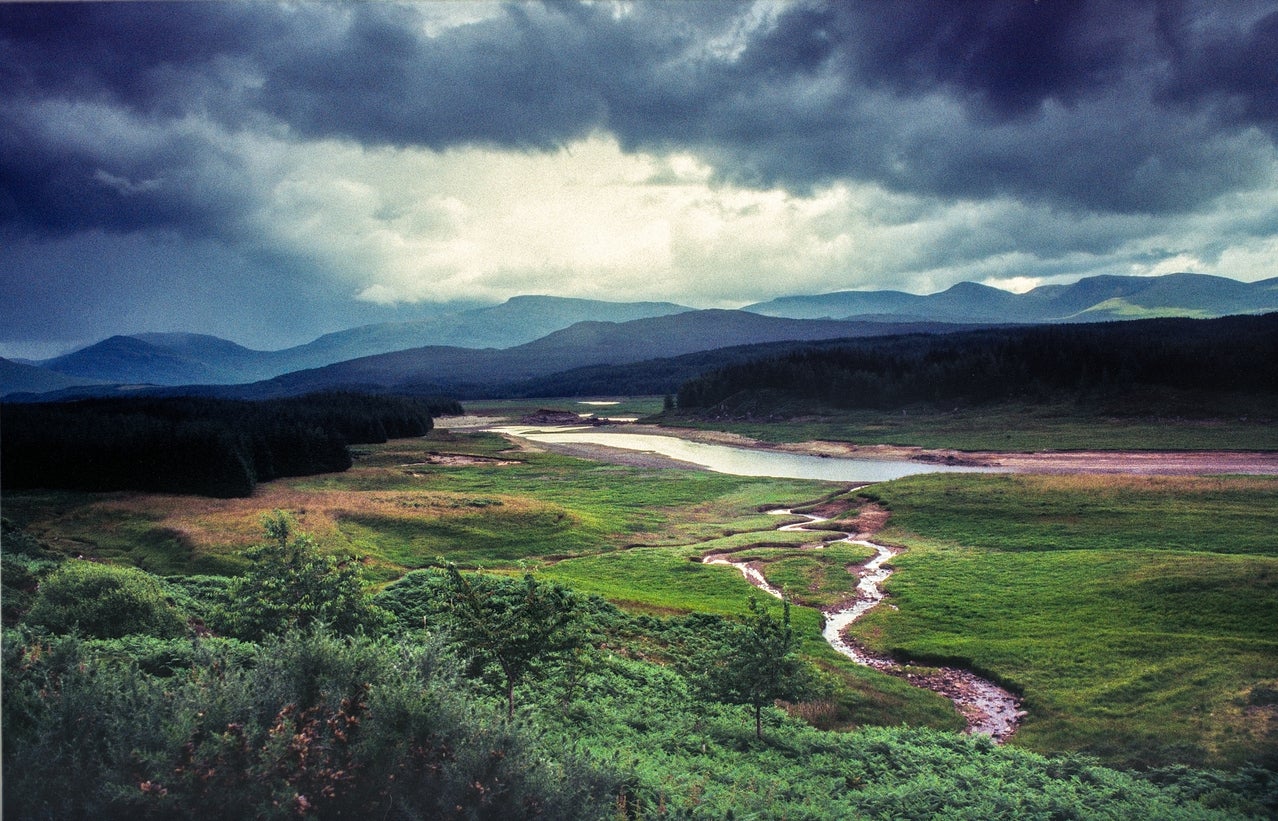
This circular 250-mile route begins in Aberdeen, extending to the north-eastern Moray Firth coast and as far south as the Cairngorms National Park. It mixes quaint towns and villages with the stunning countryside and shore of Aberdeenshire and Moray Speyside, offering plenty of opportunities to discover the region’s history, culture and traditions.
Notable stops include several castles (Balmoral and Ballindalloch), the coastal villages of Pennan and Portknockie, and the Royal Deeside area near the Grampian Mountains. While the hills and countryside of the Cairngorms may threaten to steal the show, the mixture of ragged rocks and fine sands on the beaches of the East and Moray Firth coasts is not to be missed.
The A82
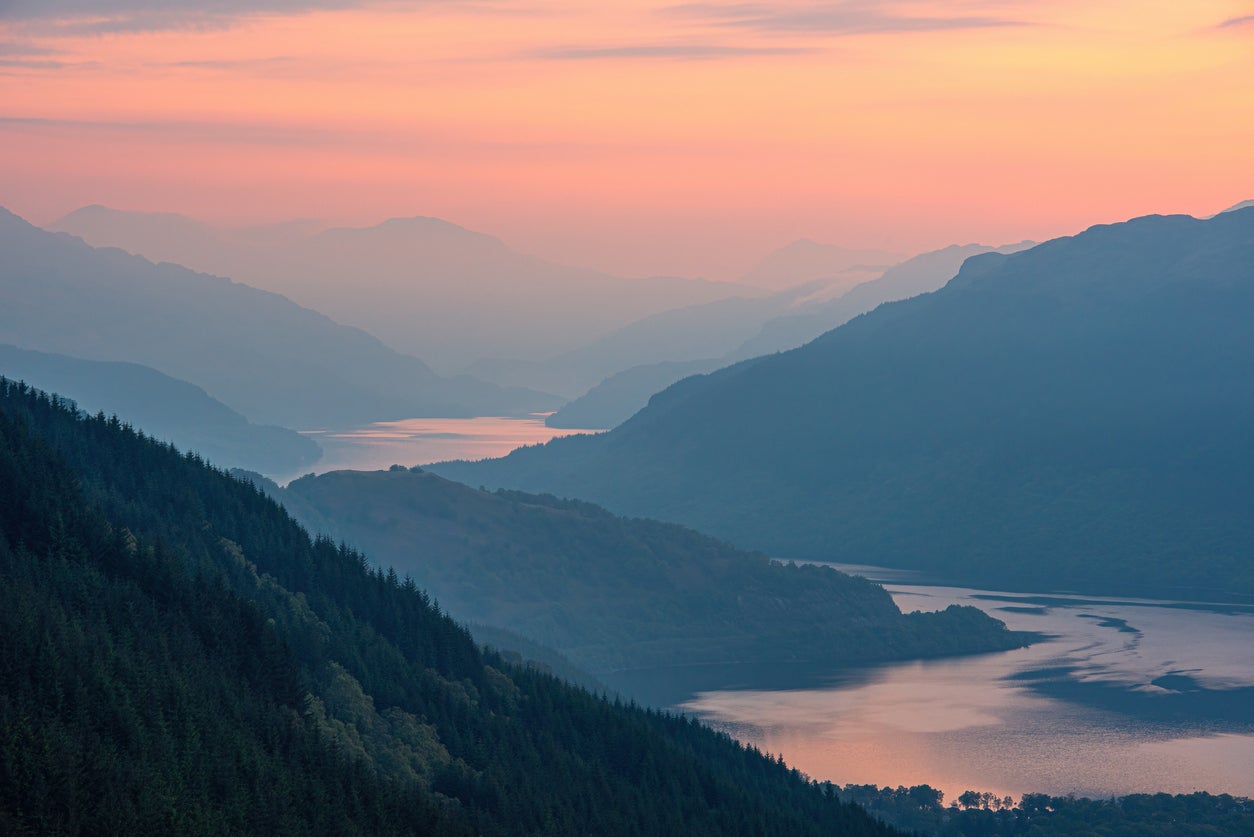
The A82 itself is a major Scottish road running from Glasgow to Inverness, crossing the Highland Boundary Fault via the town of Fort William (which is also the gateway to Ben Nevis). The full 167-mile road takes in two of the country’s main cities while also running along several of its most important landmarks; however, many people choose shorter routes, such as Glasgow to Glencoe or Oban.
Nevertheless, if you want the full A82 experience, then the entire journey to Inverness is recommended. Known as one of Scotland’s most scenic drives, it passes through sites including Rannoch Moor, Glen Coe and both Loch Ness and Loch Lomond, where you can witness some of the most spectacular natural beauty in the country. Some may be tempted to factor in a climb of Ben Nevis or a dip in Loch Lomond, while others might want to stick to the castles and distilleries that you’ll pass.
Argyll Coastal Route
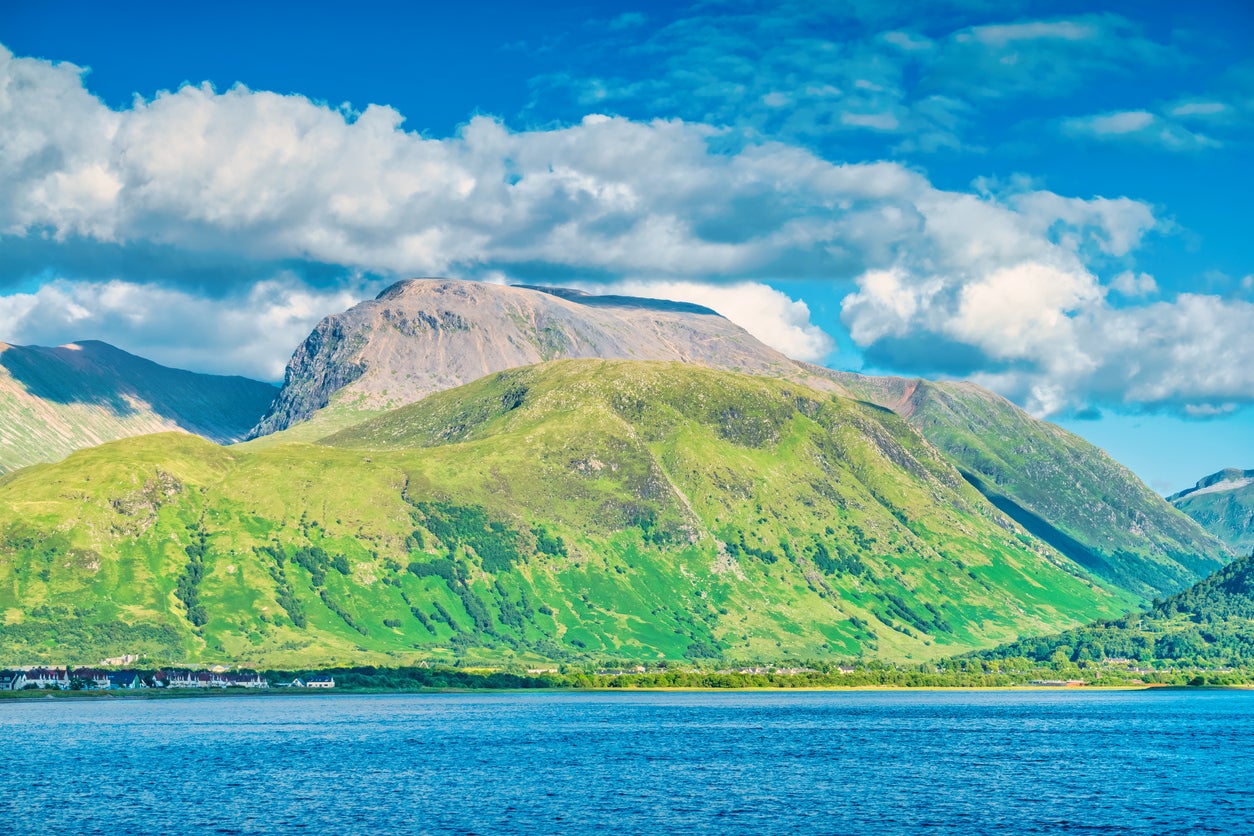
While this route may sound similar to the aforementioned A82 – it starts in Glasgow and ends in Fort William – it is a winding journey that goes west from Tarbet to Inverary and then south to Lochgilphead, before reaching Oban and carrying on up the coast (you can join the A82 from Fort William if you’d like to carry on to Inverness). This trip also includes views of Loch Lomond (An Ceann Mor is the best vantage point), the volcanic landscapes of Glen Coe and the towering Ben Nevis, but you’ll find differences as you explore the areas around Oban, Inverary and the rest of the coast.
Inverary Castle and the town’s jail will be the first notable sites on the trip; combined with the Auchindrain and Kilmartin museums, they’ll give insight into the history of the area. The Neptune’s Staircase lock flight – comprising eight locks on the Caledonian Canal – is one of the country’s quirkier tourist attractions, while Harry Potter fans can visit the famous Glenfinnan Viaduct.
Isle of Skye
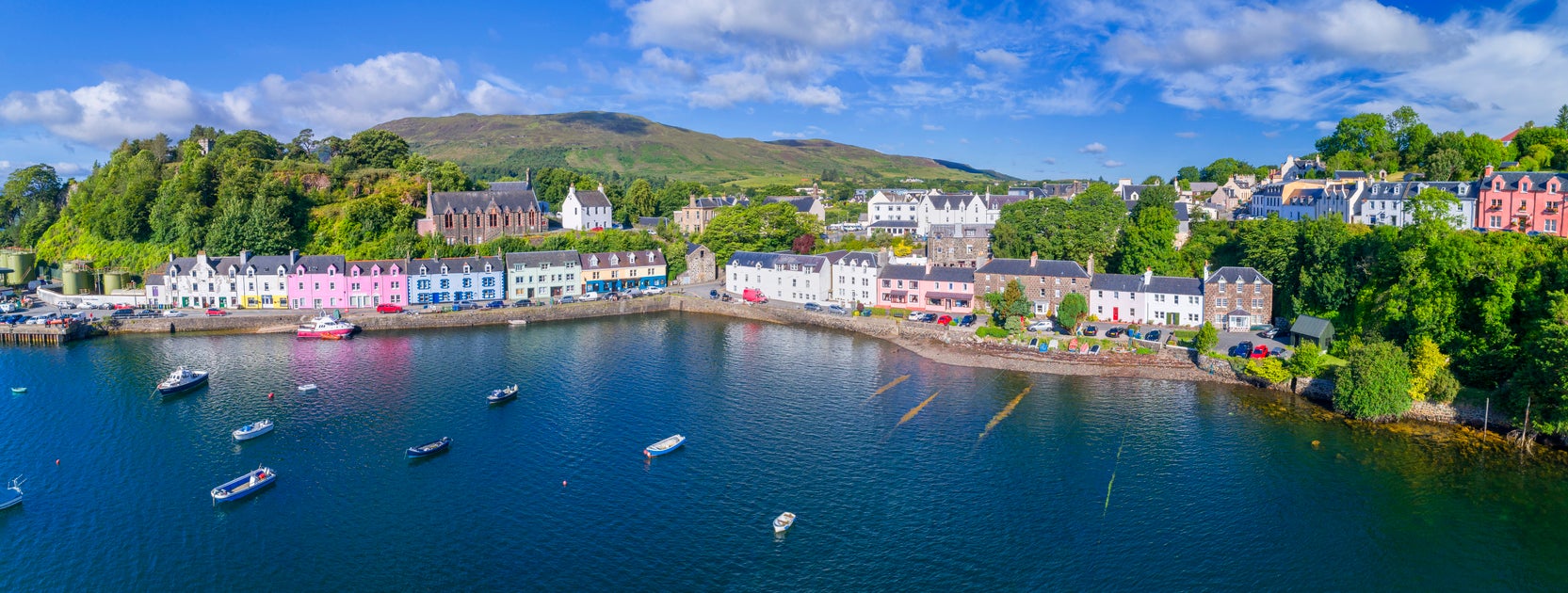
This isle is connected to the country’s northwest coast by the Skye Bridge, but can also be accessed via ferry from Mallaig. The roughly 300-mile round trip enters via the bridge (passing Eilean Donan Castle), taking you on a trip where you’ll be constantly surrounded by crystal-clear seas, towering peaks, craggy coast and a variety of natural phenomena, including sea stacks and jagged rock pikes.
While there are a number of historical sites – such as Dunvegan Castle – and idyllic towns like Portree, most of the must-see destinations on this circuit revolve around the isle’s natural beauty. The beaches of Claigan Coral and Talisker are good spots for swimming and water sports, while Fairy Pools offer wild swimming opportunities and a waterfall; the Old Man of Storr, the Quiraing and Neist Point are some of the mountainous wonders.
Borders Historic Route
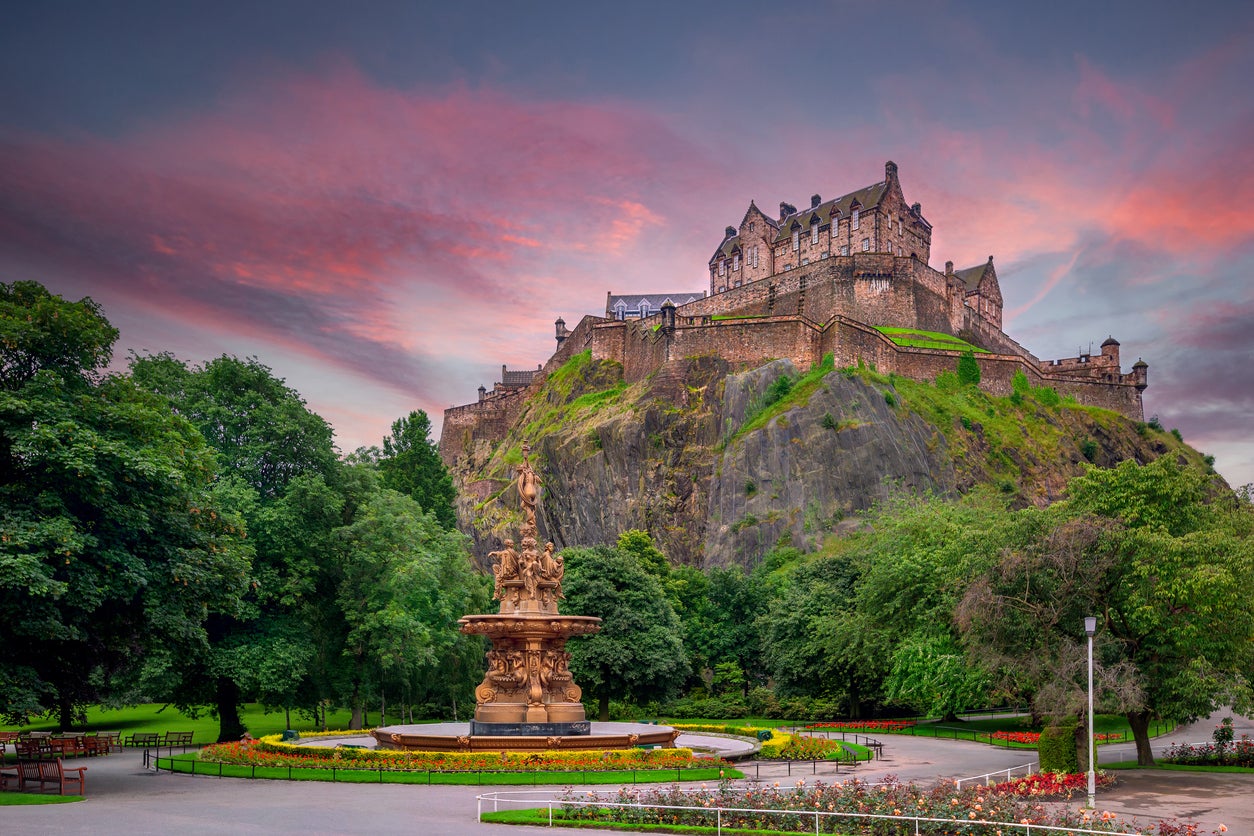
This is the only tourist route that begins outside of Scotland, starting near Carlisle before crossing over into the lush greenery of the Scottish Borders. This relatively short trip is an 88-mile journey to Edinburgh that focuses on the region’s history, with stops at Gretna Green, Gilnockie Tower, Borders Textile Towerhouse and the National Mining Museum, before ending at one of the country’s most famous landmarks, Edinburgh Castle.
As well as learning about the textile industry and seeing a working coal mine, you’ll have the opportunity to sample the goods of a local brewery, walk and cycle in Dalkeith Country Park, and witness glassblowers and tartan weavers at Lindean Mill and Lochcarron of Scotland, respectively.
Kintyre 66
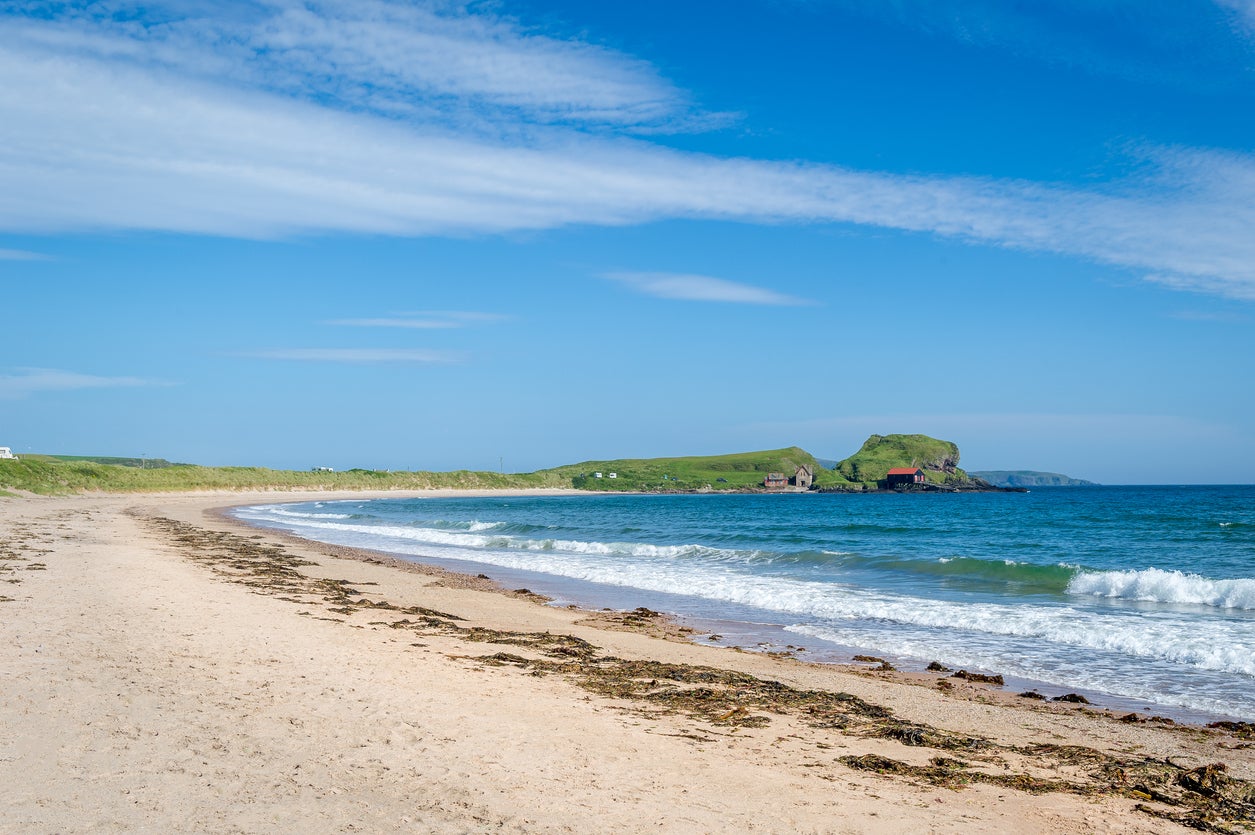
Launched in 2021, the Kintyre 66 is a trip that takes you through the farms, distilleries and seafood smokehouses of Kintyre, a 30-mile peninsula off the coast of Ayr. This is a route for those who value peace, serenity, quiet roads and the great outdoors; the largest town in the area, Campbeltown, has a population of less than 5,000.
Its 66 miles are replete with stretches of beach, areas of turquoise waters and sweeping views of the coast and country, and while there are some landmarks – such as the Mull of Kintyre Lighthouse and Skipness Castle – it’s the shoreline that is the real draw here. Sandell Bay, Carradale Bay and Torrisdale Bay are among the most pristine, while those who have more time may want to visit the nearby island of Gigha (a 20-minute ferry from Tarbert will take you there to experience the charming village of Ardminish and the ragged, craggy beaches and turquoise waters).
Read more: Best luxury hotels in Scotland – where to stay for style and scenery
